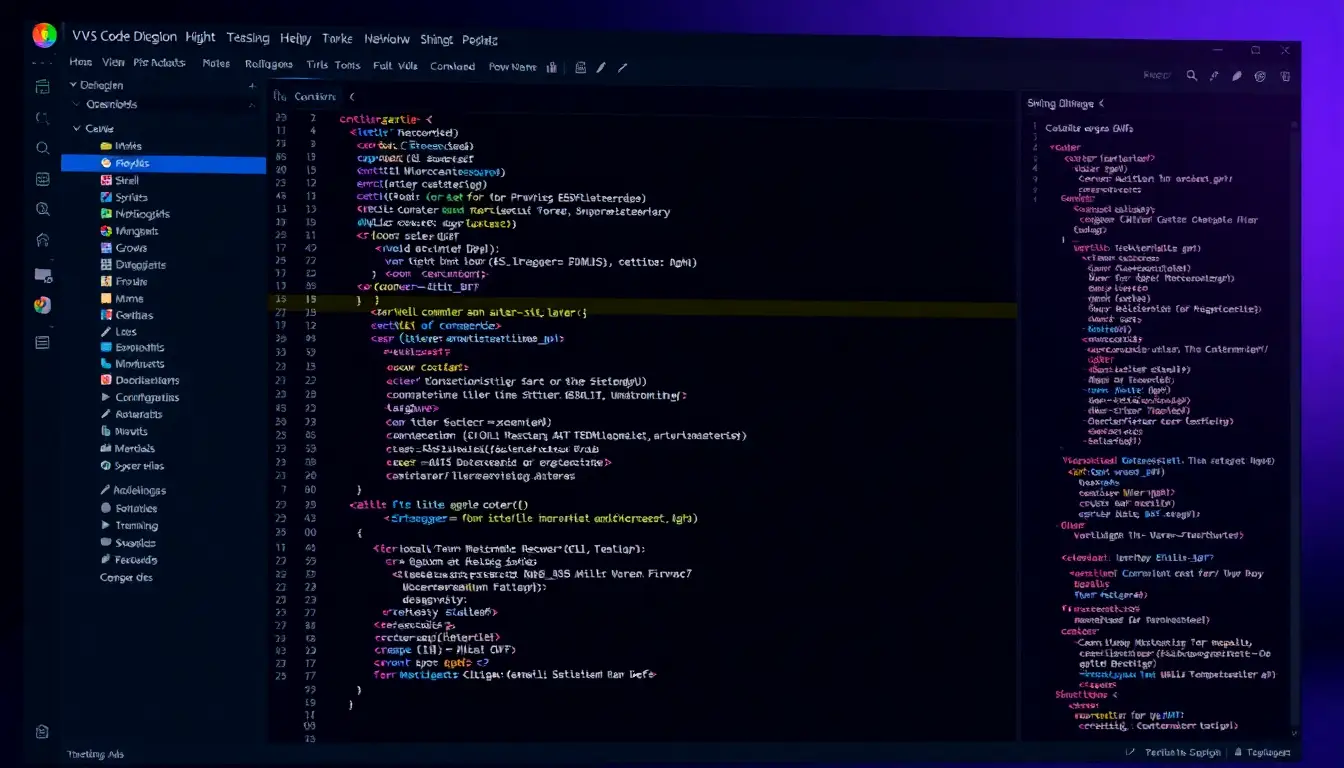
Now loading...
Claude Code has unveiled a series of significant upgrades designed to improve the development experience for programmers. Included in these enhancements are a native extension for Visual Studio Code, an updated terminal interface with added features, and a new checkpointing system that elevates the tool’s capabilities for managing complex tasks autonomously. Built on the robust Sonnet 4.5 framework, Claude Code is now better equipped to tackle intricate programming challenges within both terminal environments and integrated development environments (IDEs).
A key highlight of this update is the introduction of the native VS Code extension, which is currently in beta. This integration allows users to access Claude Code directly within their IDE, providing a dedicated sidebar panel that displays changes in real-time, complete with inline diffs. This graphical interface caters particularly to those who prefer the functionality and layout of IDEs over traditional terminal interactions.
The terminal interface has also received a makeover, boasting improved visibility of operational statuses and a more uncomplicated to manage way of navigating past commands. Users can now use a searchable prompt history feature, significantly simplifying the process of retrieving and modifying previous entries.
For developers interested in customizability, the rebranded Claude Agent SDK offers a robust platform for creating tailored experiences. This SDK provides access to the fundamental tools and permission systems that empower Claude Code, and recent enhancements now include support for subagents and hooks. As a result, developers are actively using the SDK to create a diverse array of agents designed for specific applications such as financial compliance, cybersecurity, and debugging tasks.
One of the standout new features is the checkpointing system, enabling users to delegate extensive programming tasks with greater assurance. This system automatically saves the state of code before each modification, allowing users to revert to earlier versions easily by pressing Esc twice or using the /rewind command. Users can choose to restore not only their code but also the entire conversational context, further enhancing workflow flexibility. It’s worth noting that checkpoints specifically track modifications made by Claude and do not affect user edits or bash commands, though they’re most effective when used alongside version control systems.
These checkpoints work synergistically with other recent features that facilitate autonomous operations. Subagents can be tasked with specialized functions, such as establishing a backend API while the primary workflow focuses on front-end development. Meanwhile, hooks can be programmed to execute actions at designated points, like running testing suites or linting code prior to commits. Background tasks also ensure lengthy processes remain active without impeding Claude Code’s ability to manage multiple operations at the same time.
All these enhancements are currently accessible to Claude Code users. The newly updated Sonnet 4.5 model is set as the default option, and users can switch models using the /model command. The VS Code extension is available for download from the VS Code Extension Marketplace. The terminal updates, including the refreshed interface and checkpointing capabilities, can be accessed simply by updating to the latest version of the software. For those interested in the Claude Agent SDK, comprehensive documentation has been made available to facilitate onboarding.
